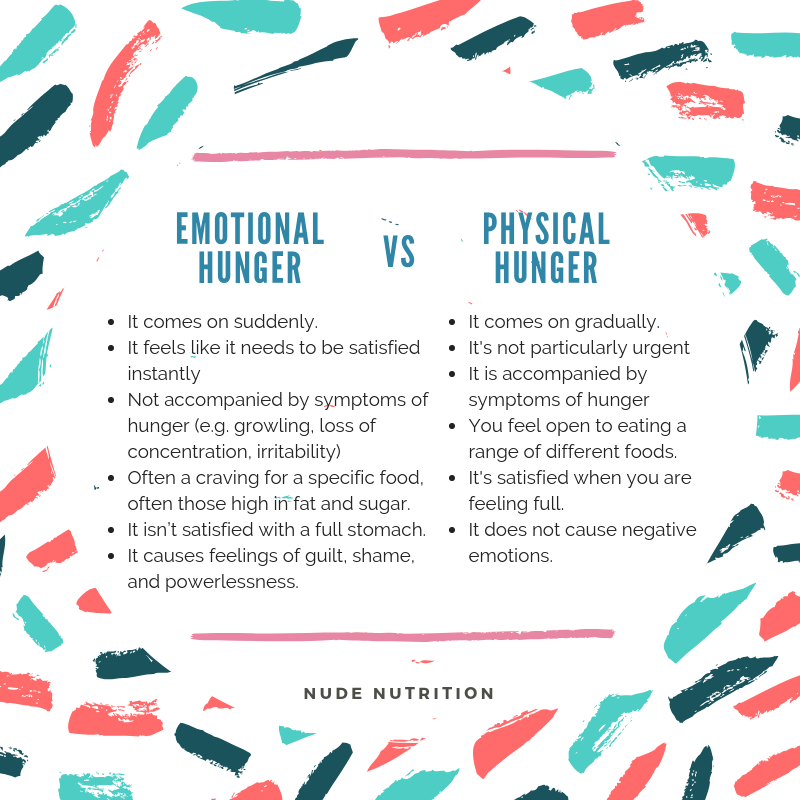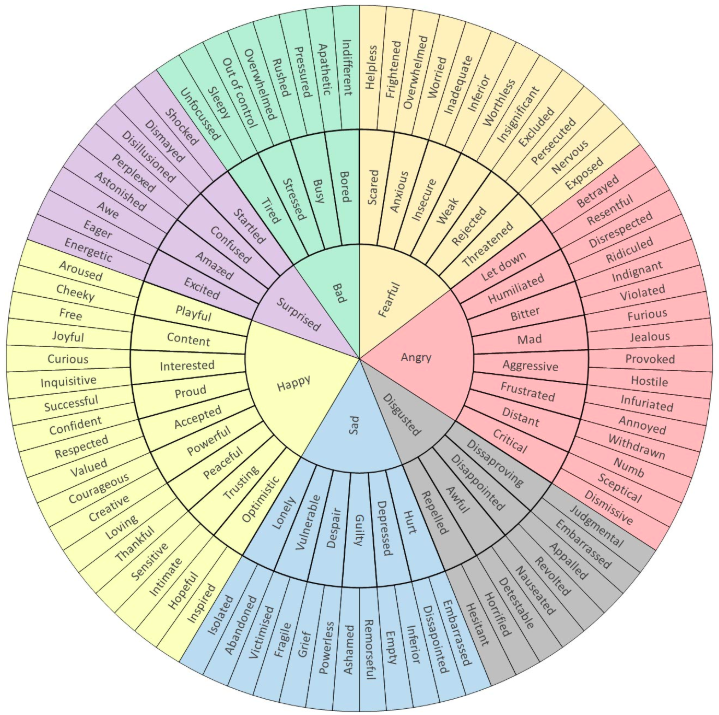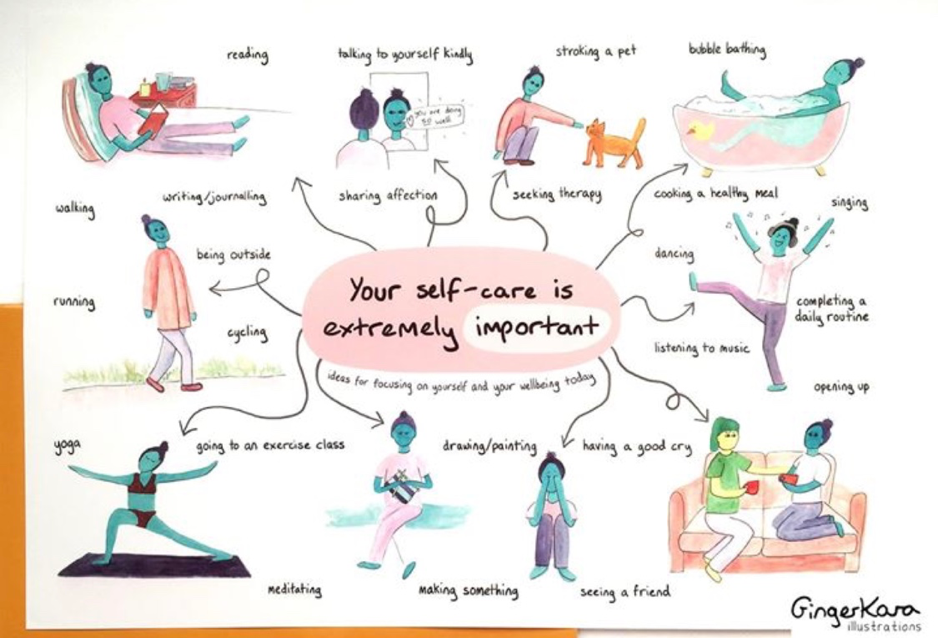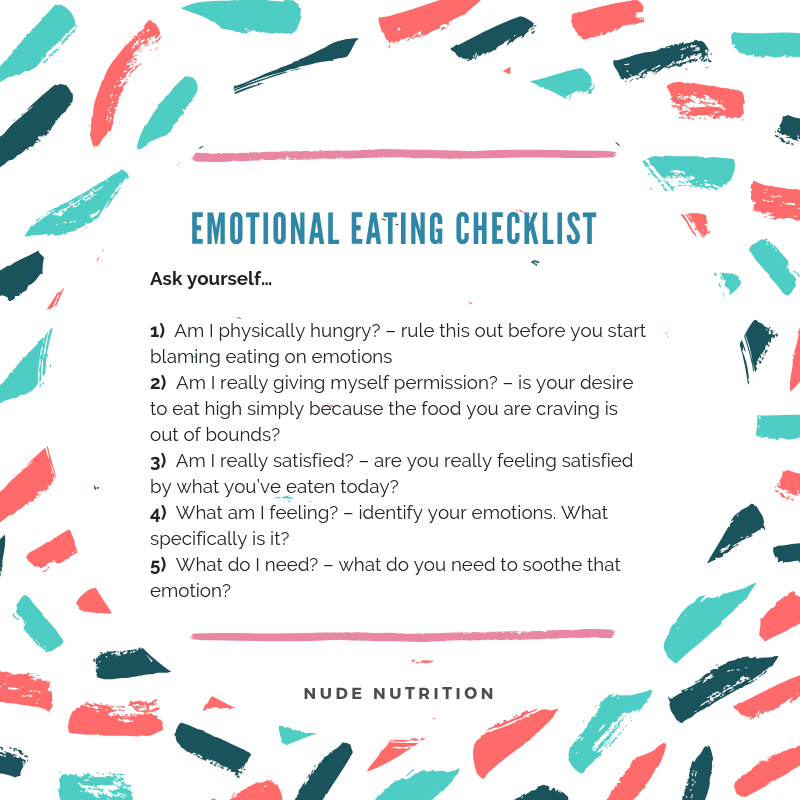
How to spot diet culture: unpacking the less obvious diets
At the start of a new year, we’re bombarded with health information. Some people tell us to start this new, exciting, “long-term solution” diet. Others tell us we don’t need to diet. And some tell us that we just need to make small and consistent “lifestyle changes”. All of these messages can make it darn right confusing as to how we can improve our health.
Research tells us that weight-loss doesn’t work for the majority. Whether it’s jazzed up a ‘lifestyle’ but is still selling weight loss, it’s a diet. Sadly, 80% of people who lose weight regain it (and often more) by 5 years (1).
I’m not here to ruin your fun and I am not anti-weight loss. Rather, I anti-pursuit of weight loss as I have witnessed the miserable side effects of pursuing it – there is also a load of research that have identified these miserable side effects too.
I therefore, believe it’s important for you to understand whether you are subconsciously wrapped up in a diet. To understand the damaging effects of dieting, and to be able to point out who is selling you a diet, before jumping into the next diet trap.
So, are you subconsciously wrapped up in a diet?
Well sadly, diet culture is everywhere. It teaches us that we’re not good enough as we are. That we have to live a life of constant monitoring, controlling our bodies, restricting ourselves, and over exercising. It promises that when we’re thinner, we will fit in, be smarter, happier, more loveable and more worthy.
We can see how prominent it is when we look at different types of eating personalities.

Firstly, there is the Careful Eater. This can be someone who thinks they’re not following a specific diet, but instead chooses a certain food because they think it is healthier than something else.
This person may scrutinise food labels or seek reassurance from a waiter in a restaurant that a meal is prepared exactly as they like it (I.e.: is it grilled rather than fried?). The Careful Eater can spend most of their days thinking about what they’re going to eat and even become a little anxious about it.
The problem with this type of eating is that while it’s great to make informed food choices, it can adversely affect your relationship with food and your body. If you’re only eating “safe” foods and not really what you care for, it can lead to bingeing episodes later on due to deprivation of what you actually want to eat.
The second eating personality is the Professional Dieter. As you’d imagine, this person can be easily identified. They’re the ones who are clued up on the latest dieting trends. They can tell you calorie content of most foods. They are then always pursuing another diet after the previous one didn’t work out. They diet and eat for the pursuit of weight loss, rather than health.
It’s not unusual for this person to engage in Last Supper eating (I.e: bingeing on foods that they don’t think they’ll ever be allowed to eat again) and starting their new diet the next day with a “clean slate”.
The problem with this is that chronic dieting is not an effective or scientifically proven method to lose weight. In fact, it is a surefire way to develop other harmful effects such as disordered eating, slowed metabolism and decreased mental health.
The final eating personality is the Unconscious Eater. As the name would suggest, this person will eat while being distracted by something else, such as watching television or being on their phone. There are sub–types under this category.
The Chaotic Unconscious Eater is the busy person whose life is so hectic that they’ll eat anything that’s available at the time. They can go for long stints without eating and whenever they finally do eat, they’re ravenous. They can end up losing the ability to recognise biological hunger signals.
The Refuse-Not Unconscious Eater is someone who will eat food that’s in sight regardless of hunger and are usually unaware of what or how much they’re eating. Attending cocktail parties or buffet style events can be tough for this group.
The Waste-Not Unconscious Eater is the person who will not leave anything on their plate to ensure they can get as much value for money as they can. It can be common for this person to eat other people’s leftovers to ensure nothing is wasted.
The Emotional Unconscious Eater eats food to soothe an emotion, whether it’s sadness, loneliness or frustration. This person often thinks that eating is the problem as opposed to getting to the root cause that’s driving them to eat in the first place. The problem with being any subtype of Unconscious Eater is that it can lead to overeating. A classic example is having a large packet of crisps at your desk while writing a report and before you know it, the packet is empty because you were completely engaged in the report writing, rather than the eating.
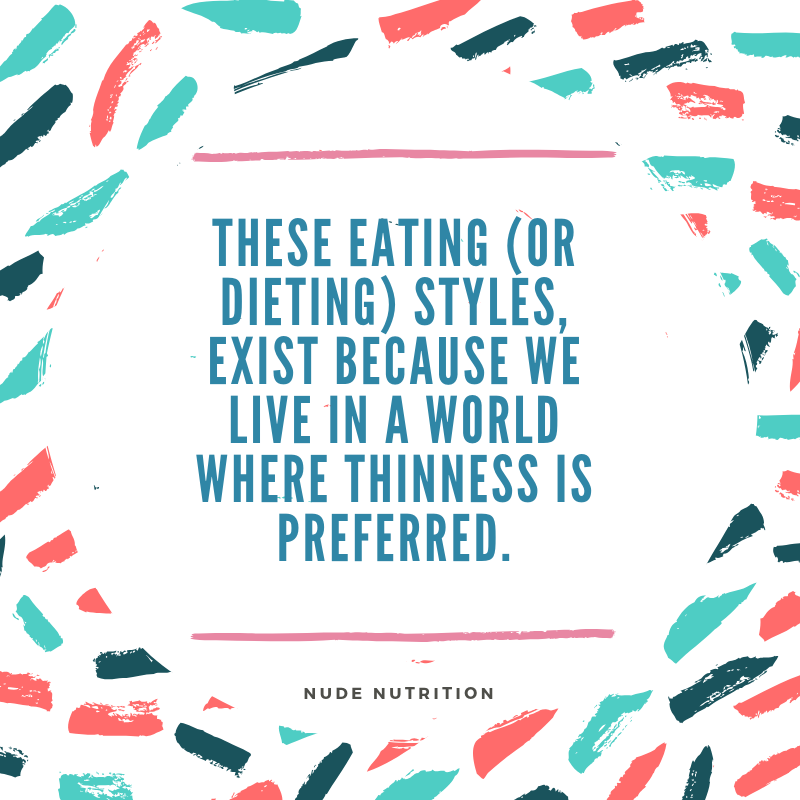
It is not anyone’s fault that they have become one or several of these types. This is the effect of living in a society where there is a $66 billion weight loss industry out there profiting from the people who will do anything to pursue their “ideal” body (2).
And this industry continues to thrive because the same people go back again and again. That’s because the diet or weight loss aid failed them… not because of their lack of willpower as diet culture would have you believe.
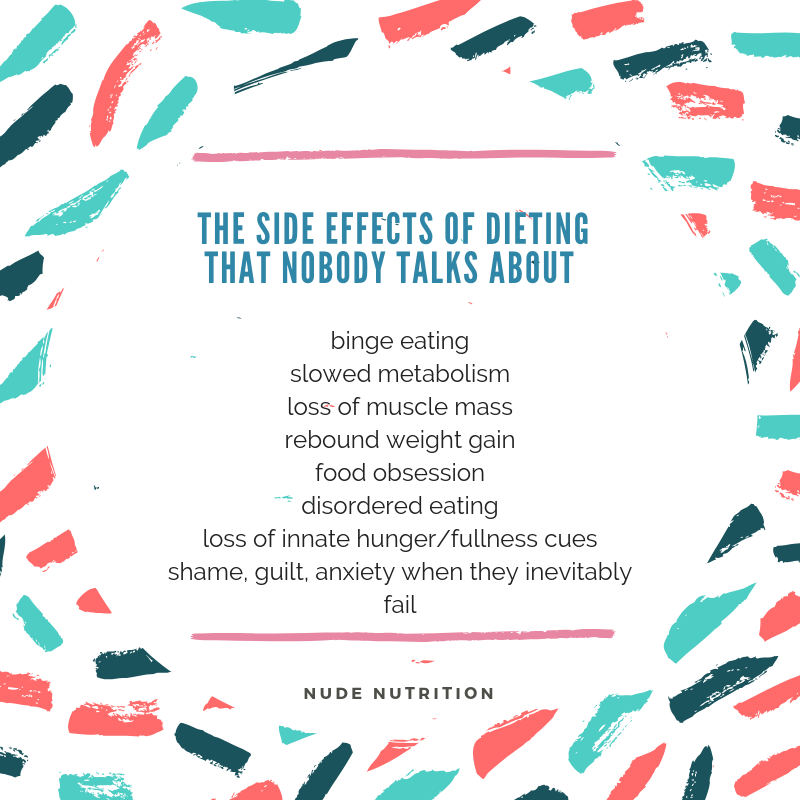
Does any of this sound familiar to you?
If so, rejecting diets and becoming more of an Intuitive Eater may be best for you.
An Intuitive Eater is able to make choices based on biological hunger and make food choices without experiencing guilt, or an ethical dilemma. They honour their hunger, respect their fullness and enjoy the pleasures of eating.
How do you spot diet culture?
Unfortunately, there has been a recent trend of “health professionals” claiming under false pretences to be non-diet. They talk about body positivity and “anti-diet this” and “non–diet that”, which seems legitimate, when in actual fact is not.
Instead, they still push dieting and weight loss. This is a problem, when we know the side effects of any pursuit of weight loss are pretty miserable.
In order to help shed some light on how to spot diet–culture, I have identified some key phrases. These are notoriously used by these people who are trying to sound like they’re not selling diets, but actually are.
- This is a “wellness approach”
- “It’s a lifestyle not a diet”
- “This food is ‘good’ and this food is ‘bad’”
- “You can only have X serving size and amount of meals/snacks/points in one day”
- “You can only have X grams of carbs/fat/protein per day”
- “You can only eat at certain times of the day”
- “Detox your fridge”
- “This is a cleanse in a healthy way”
- “You only have to eliminate x, y, z foods for 30 days to change your life”
- “Let’s work together to shift habits”
- “This is all about clean, energising eating”
So essentially, if it looks like a diet, sounds like a diet and smells like a diet, it’s most likely a diet. And it’s important that we call these people out. The reason being that even if you have the best intentions of stopping dieting, you could still have a little bit of unconscious diet mentality (called Psuedo-dieting). This could make you susceptible to the diet trap.
But this is not your fault. This is the effect of the insidious diet culture we live in.
That’s why we need to make sure you can spot diet culture being perpetuated by people cashing in on it. Together, we can call them out, and help the world to see that dieting is not the answer.
For more on ending dieting and how to start intuitive eating, check out my FREE download.
References
- Anderson, James W., et al. “Long-term weight-loss maintenance: a meta-analysis of US studies–.” The American journal of clinical nutrition 74.5 (2001): 579-584.
- Rothblum, E. D. (2018). Slim chance for permanent weight loss. Archives of Scientific Psychology, 6(1), 63-69. doi:10.1037/arc0000043


